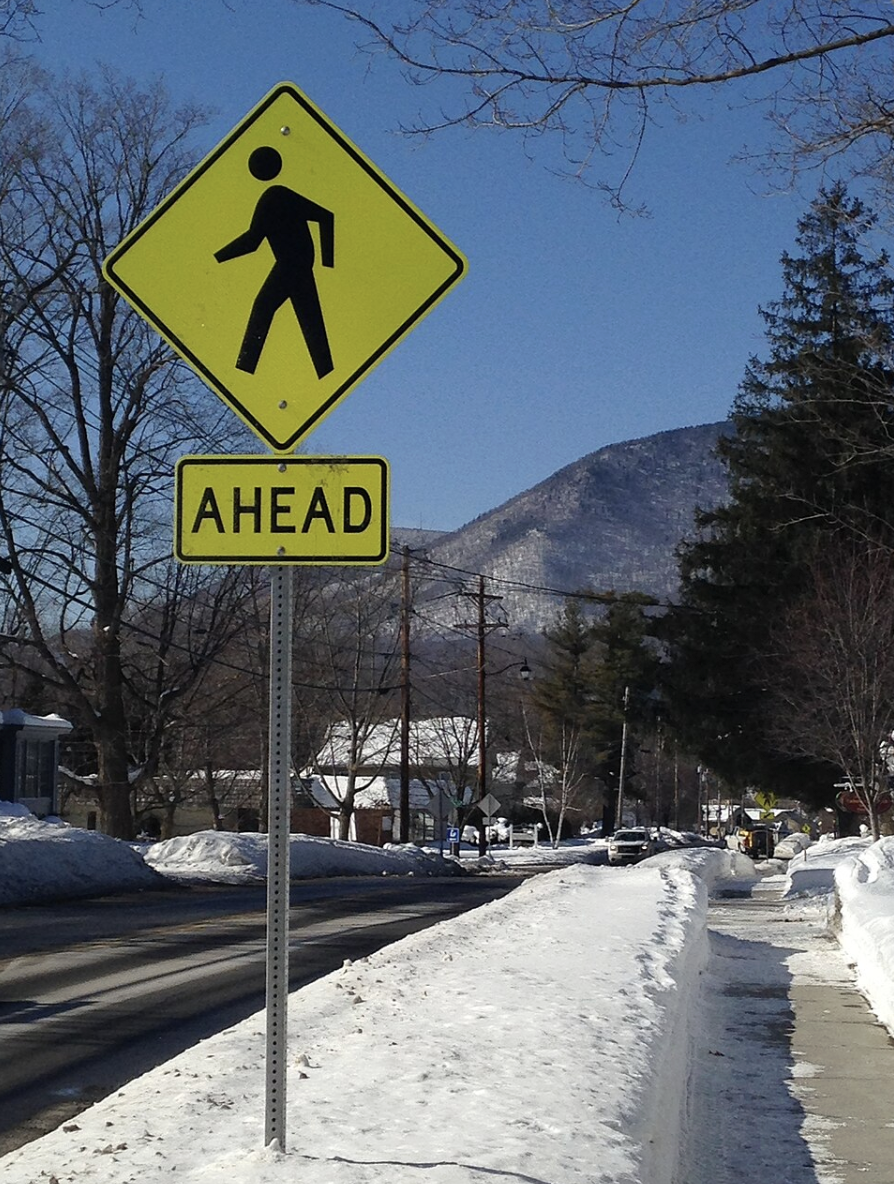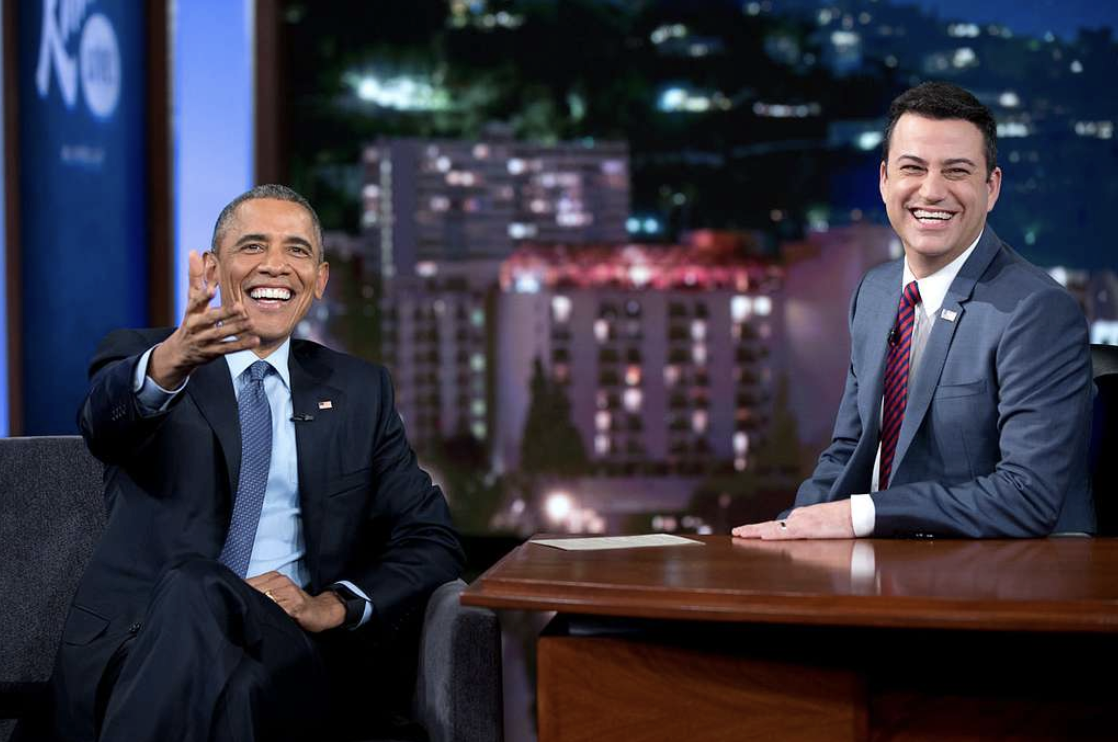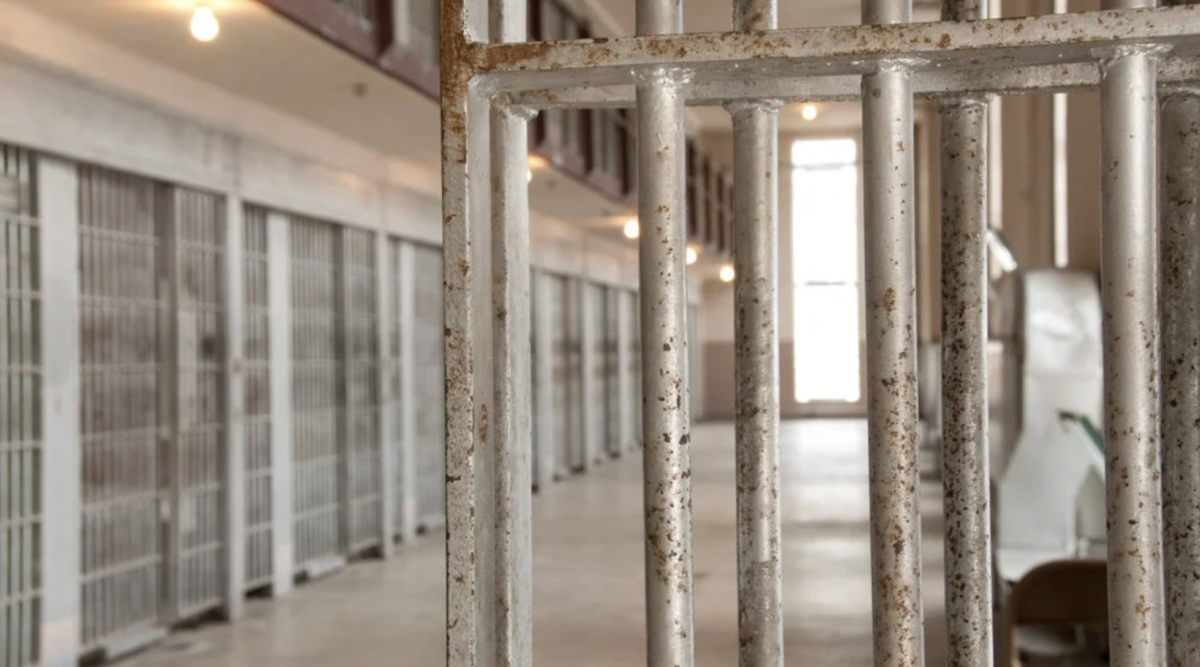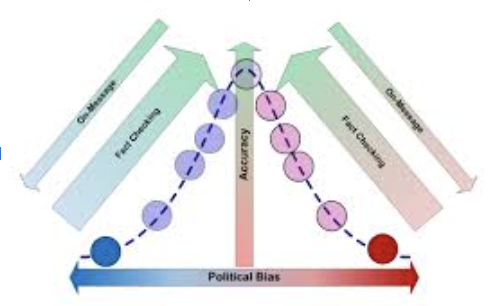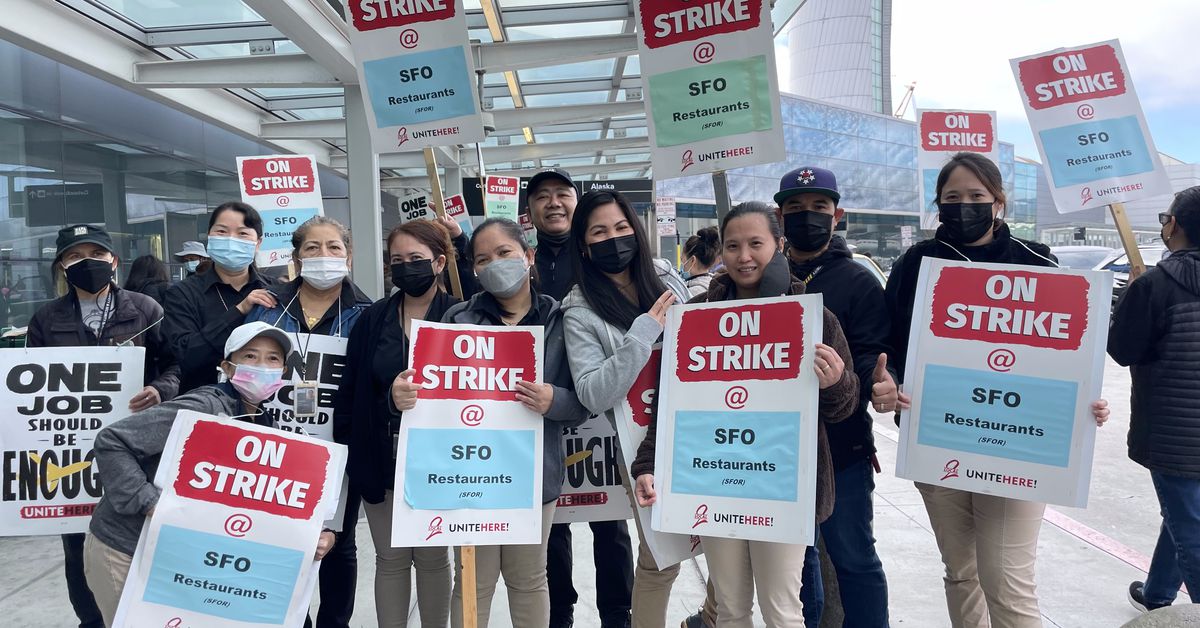In a society where a global pandemic has had far-reaching economic consequences, the 2020 stock market crash, the second-largest global recession in recent history, has decreased businesses in the service sector, leaving massive fractions of the population have felt the impact of COVID-19. That includes the 1700 people who make up the workforce at San Francisco International Airport –SFO. With housing prices and living costs skyrocketing to unfathomable percentages, these workers have found themselves to be financially struggling at accelerating speeds, forced to live off of meager salaries that have had no upward growth. On Monday, September 29, 1000 restaurant workers of the UNITE Here! Local 2 Union began a three-day strike, seeking what would be their first raise in four years.
President of UNITE, Anand Singh, informed the public that: “Passengers should bring their own food and grab coffee before arriving at SFO. ” According to Singh, at its core, the strike was really about economics; a majority of workers make only pennies above minimum wage. There was endless bargaining, where union workers were trying to update their 2018 contract to one that mandates a higher minimum wage. $19.15 an hour is simply not enough for jobs on city-owned properties. “Nine months of negotiations got us nowhere, and SFO’s food service workers are tired of working two or even three jobs just to survive,” Singh said in a statement. “Jobs at the airport used to be great jobs. They have a benefits package you can’t find in many other places. But members must take second jobs at the airport to supplement their income.” The union estimates around 10% of workers are working two different jobs across two businesses to earn enough to survive. Wielding “On Strike” and “One Job Should Be Enough” signs, dozens of workers marched outside Terminals 1 and 3, chanting “What do we want? Justice. When do we want it? Now!” Their voices could be heard inside the Terminal 1, B Gate security line, but the mood inside was calm and quiet. The strike followed a protest on Sept. 16, which blocked traffic at Terminal 3 and led to the brief arrests of 41 protesters, including San Francisco Supervisors Gordon Mar and Connie Chan. The Board of Supervisors scheduled a hearing on the strike on September 30, with testimony from restaurant owners and workers.
The strike ended at 12:01 a.m. Thursday, with the union claiming victory after reaching a tentative deal. The strike lasted three days, and workers were back on the job Thursday morning. The logistics of the new benefits were stated in a contract that was approved by the union’s bargaining committee of 80 airport workers:
-
$5 per hour raise. (Immediate raise of $3 per hour, additional raises totaling $5 per hour by September 2024.) Most workers’ hourly wages will increase from $17.05 to $22.05 – almost a 30% raise.
-
Free family medical dental and vision insurance. Workers can cover the whole family with no premiums.
-
Increased retirement income through a defined-benefit pension.
-
Retention policy to protect workers’ jobs when food and beverage outlets change operators.
-
One-time $1500 bonus.
Members of the strike were thrilled when presented with these new benefits. A member of UNITE HERE and an SFO snack bar attendant, Bianca Gay, said: “This strike was so worth it to give my family a better life. My son is in college, but he had to switch from full-time to part-time just so he could work. With the raises we won, I can help my son go back to school full-time. All the hard work and sacrifice of the strike has paid off for my family.” “This victory is more than I ever dreamed of,” said April Asfour, a cook at Boudin Bakery Café at SFO. “I have six kids, and this raise will help me to support them. And with the health care that we won, I can cover all of them for free. I’m so proud that we stood up for ourselves, because everything we won will help me give my family a better life.” When asked what this strike’s success means for the future of blue-collar jobs, Singh stated: “This victory shows the world that fast-food jobs can in fact be good, family-sustaining jobs, and it’s all because workers had the courage to strike. After three years without a raise, SFO’s fast-food workers were tired of working two or even three jobs just to survive – so they took their lives into their own hands and won a better future.”
A level of contentment and satisfaction was present in the SFO environment among the workers after they resumed their jobs. Gabriela Mitose, an SFO bartender, was delighted to say: “We’re open for business, and everybody’s coming in with happy faces. When you don’t have that extra stress about your paycheck, you come in with a better attitude. So you’re going to get way better service.” Strikes have always been a dominant method to grant people the rights that they deserve, (i.e. the 40 hour workweek, compensation laws, and minimum wage), and the SFO revolt shows that strikes are here to stay and continue to revolutionize our society with unprecedented change.
Sources








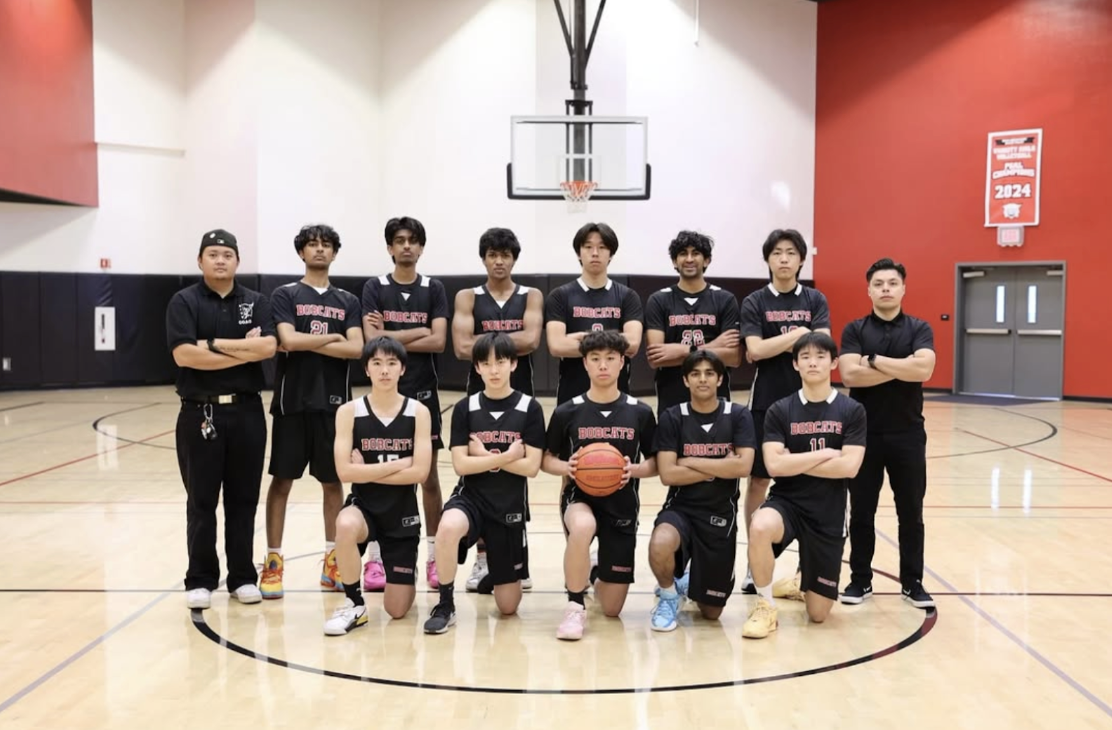








![Teacher [Milk] Tea: Part 2](https://bisvquill.com/wp-content/uploads/2024/03/Screen-Shot-2024-03-19-at-9.28.48-PM.png)










